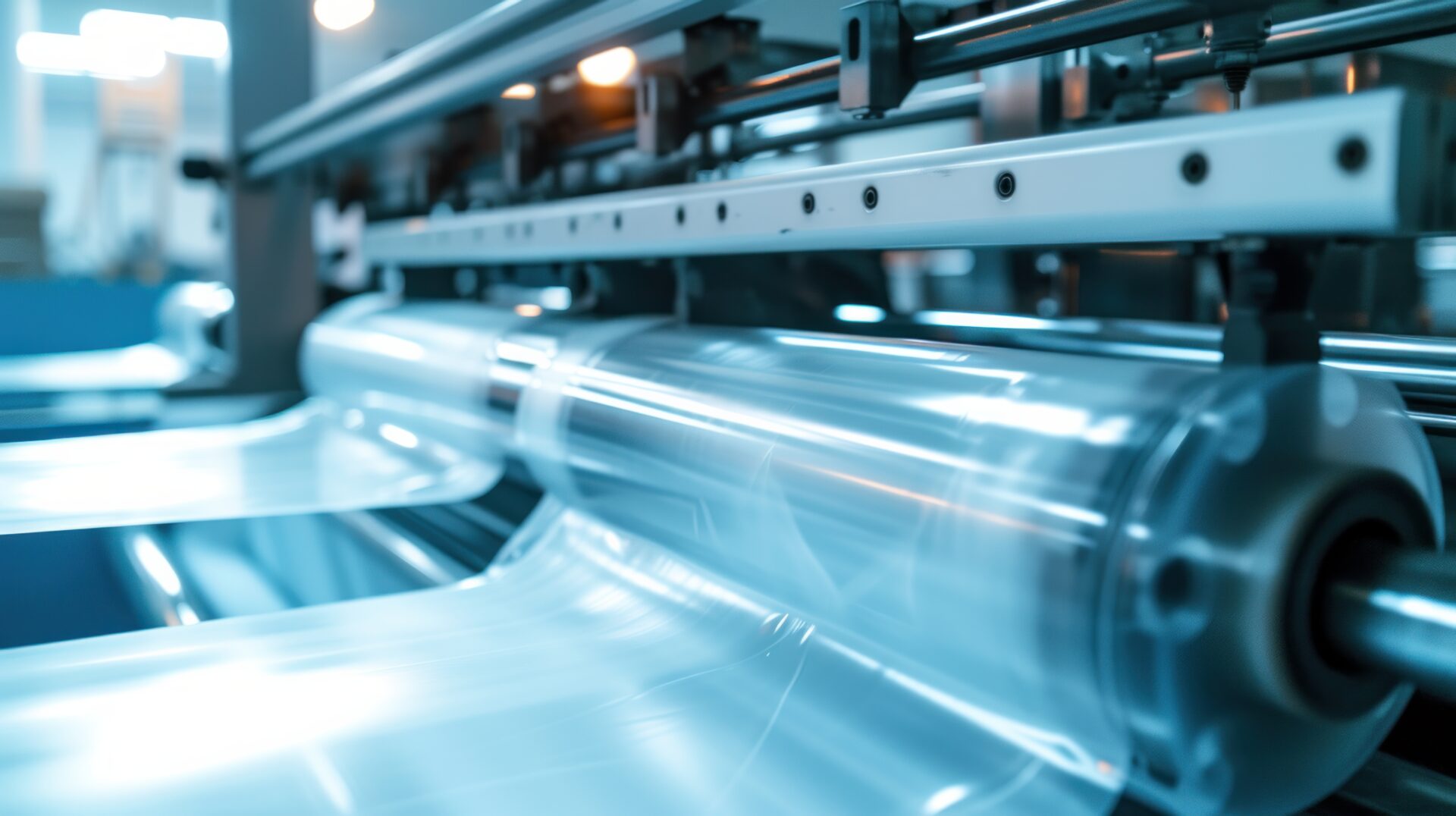Industrial plastics are essential materials used in various industries for their versatility, durability, and range of applications. Whether you’re working on a large-scale manufacturing project or a small DIY endeavor, understanding the types of industrial plastics and their properties can help you select the right material for your needs. In this comprehensive guide, we’ll explore the different types of industrial plastics, their uses, and how to choose the best one for your project.
What are Industrial Plastics?
Industrial plastics are synthetic materials that are engineered to meet specific performance criteria. These plastics are used in a wide range of applications, from automotive parts and medical devices to construction materials and consumer goods. Their properties, such as strength, flexibility, resistance to chemicals, and ease of fabrication, make them indispensable in many industries.
What are the Different Types of Industrial Plastics? 
Industrial plastics come in various types, each with unique properties and applications. Here are some of the most common types:
- Acetal Plastic: High stiffness and low friction, ideal for gears and bearings.
- Acrylic Plastic: Transparent and UV resistant plastic, commonly used in signage and displays.
- Machinable Wax Plastic: Easy to machine, used for prototyping and mold making.
- Nylon Plastic: High strength and durability, used in mechanical parts.
- Polycarbonate Plastic: Extremely durable and transparent plastic, used in lenses and protective gear.
- PTFE Plastic: Non-stick and chemical resistant, used in coatings and seals.
- UHMW Plastic: High abrasion resistance and impact strength, used in conveyor belts and liners.
What are the Top 3 Industrial Plastic Materials?
Among the numerous industrial plastics available, three stand out due to their widespread use and versatile properties:
- Nylon Plastic: Known for its strength and durability, nylon is often used in mechanical parts such as gears and bearings.
- Polycarbonate Plastic: This plastic is highly durable and transparent, making it ideal for use in eyewear lenses, CDs, and bulletproof windows.
- PTFE Plastic: Commonly known by the brand name Teflon, PTFE is renowned for its non-stick properties and resistance to heat and chemicals, making it perfect for coatings and seals.
How Do I Know What Plastic I Need for My Project? 
Choosing the right plastic for your project depends on several factors, including:
- Application Requirements: Consider what the plastic will be used for. Does it need to be strong, flexible, or heat-resistant?
- Environmental Conditions: Will the plastic be exposed to chemicals, high temperatures, or UV light?
- Fabrication Process: How will the plastic be processed? Some plastics are easier to machine or mold than others.
What is the Strongest Plastic?
The strength of plastic can be measured in various ways, such as tensile strength, impact resistance, and compressive strength. Polycarbonate is often considered one of the strongest plastics due to its high impact resistance and durability.
Which is the Longest Lasting Plastic? 
PTFE (Teflon) is known for its longevity due to its resistance to chemicals, heat, and UV light. UHMW (Ultra High Molecular Weight) plastic also offers exceptional durability, especially in abrasive environments.
What are Industrial Plastics Used For?
Industrial plastics are used in a myriad of applications, including:
- Automotive: Engine components, fuel systems, and interiors.
- Medical: Surgical instruments, prosthetics, and packaging.
- Construction: Insulation, piping, and window frames.
- Consumer Goods: Electronics, toys, and household items.
What are the Different Categories of Plastics?
Plastics are generally categorized into two main types:
- Thermoplastics: These can be melted and reshaped multiple times. Examples include acrylic, nylon, and polycarbonate.
- Thermosetting Plastics: These set permanently after being heated and shaped. They cannot be remelted. Examples include epoxies and phenolics.
Understanding the properties and applications of different industrial plastics can significantly impact the success of your project. Whether you need the clarity of acrylic plastic, the strength of nylon plastic, or the chemical resistance of PTFE plastic, there is a material suited for every application. For those in Kelowna and surrounding areas, Millennium Specialty Alloys offers a wide range of industrial plastics to meet your needs. Visit our website to explore our selection and get expert advice on the best plastic for your project.
By considering factors such as application requirements, environmental conditions, and fabrication processes, you can make an informed decision and ensure your project’s success. Remember to always source your materials from a reputable supplier to guarantee quality and reliability. Whether you are looking for clear plastic sheets, acetal rods, or UHMW plastic in Canada, there are plenty of options available to meet your needs.
